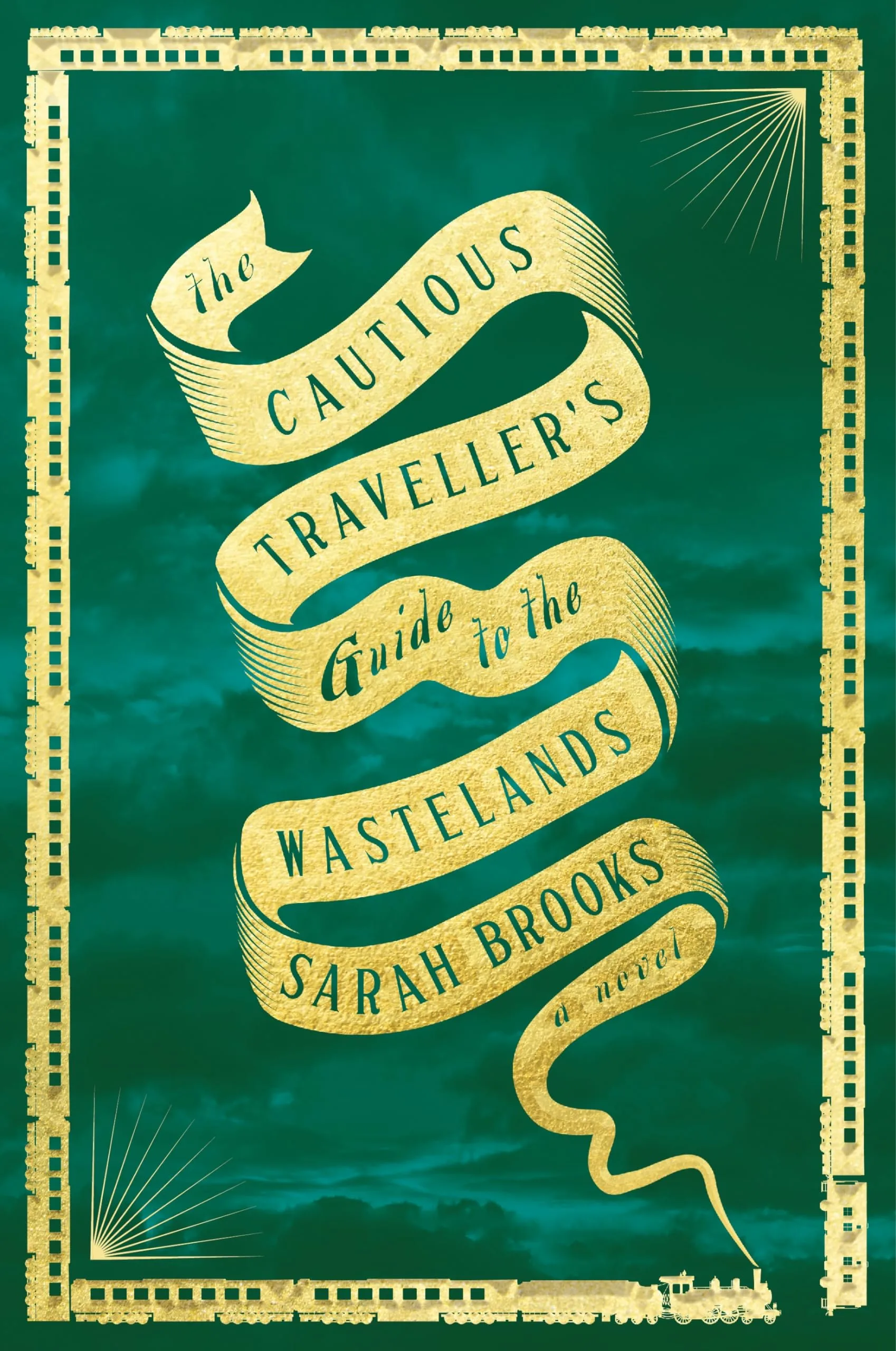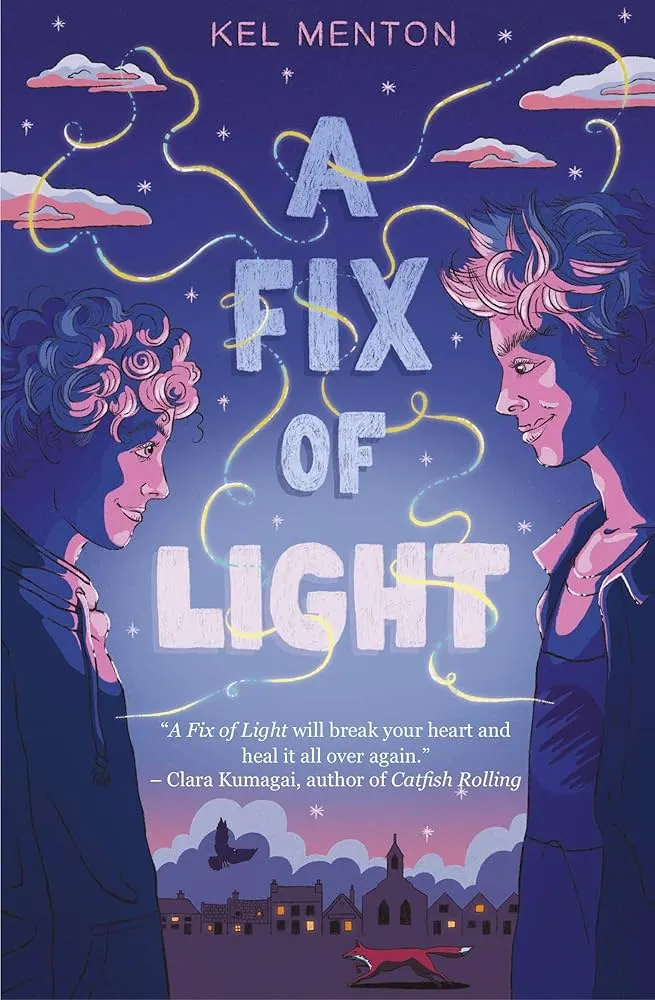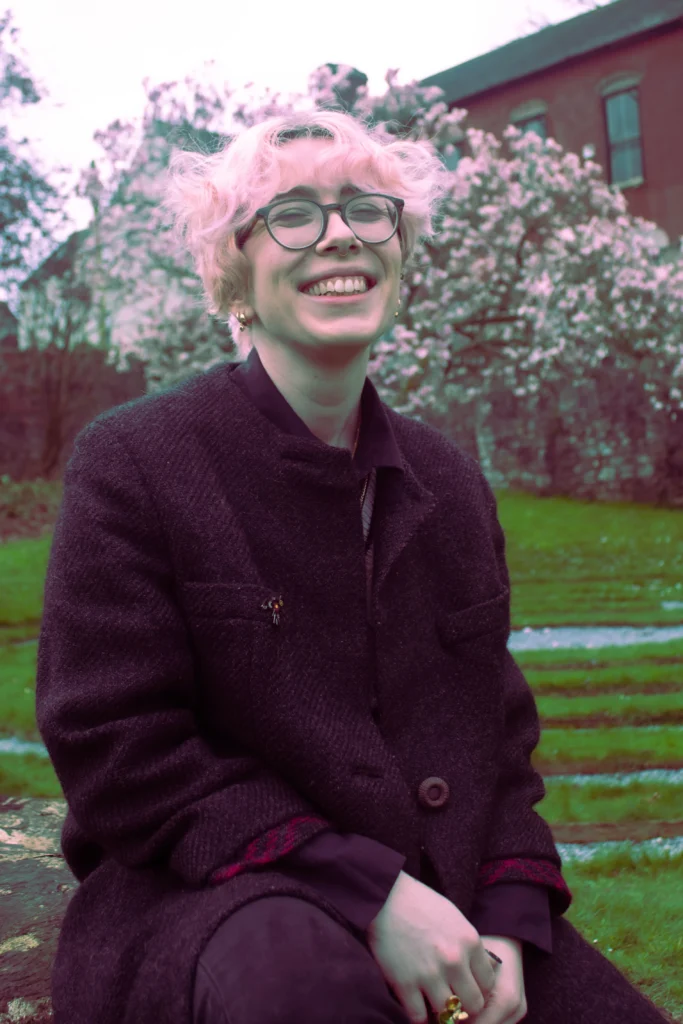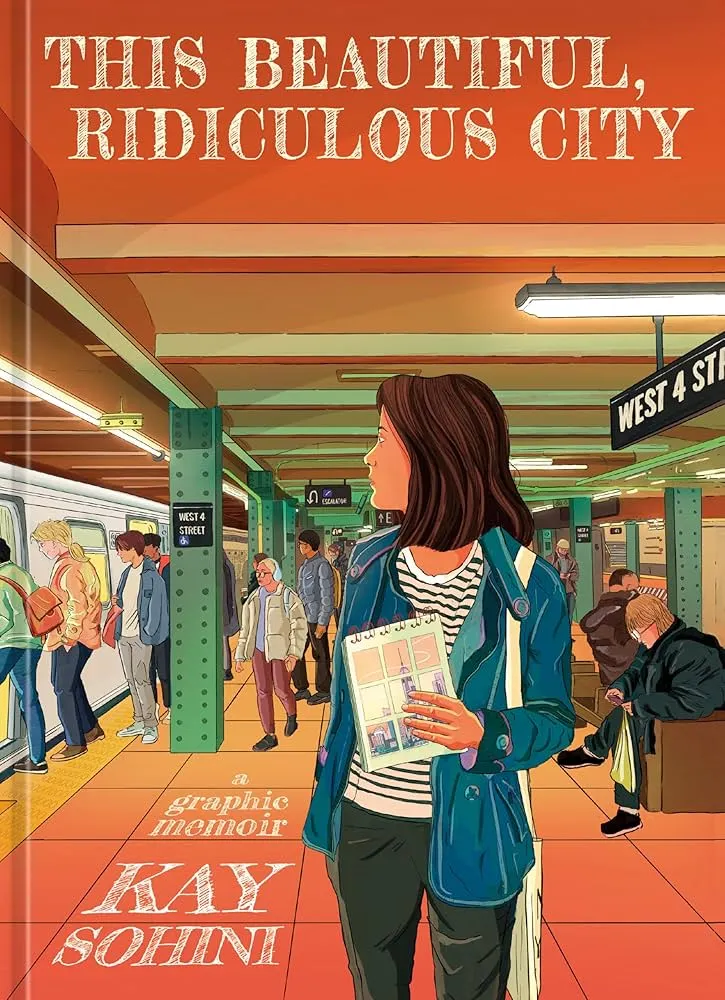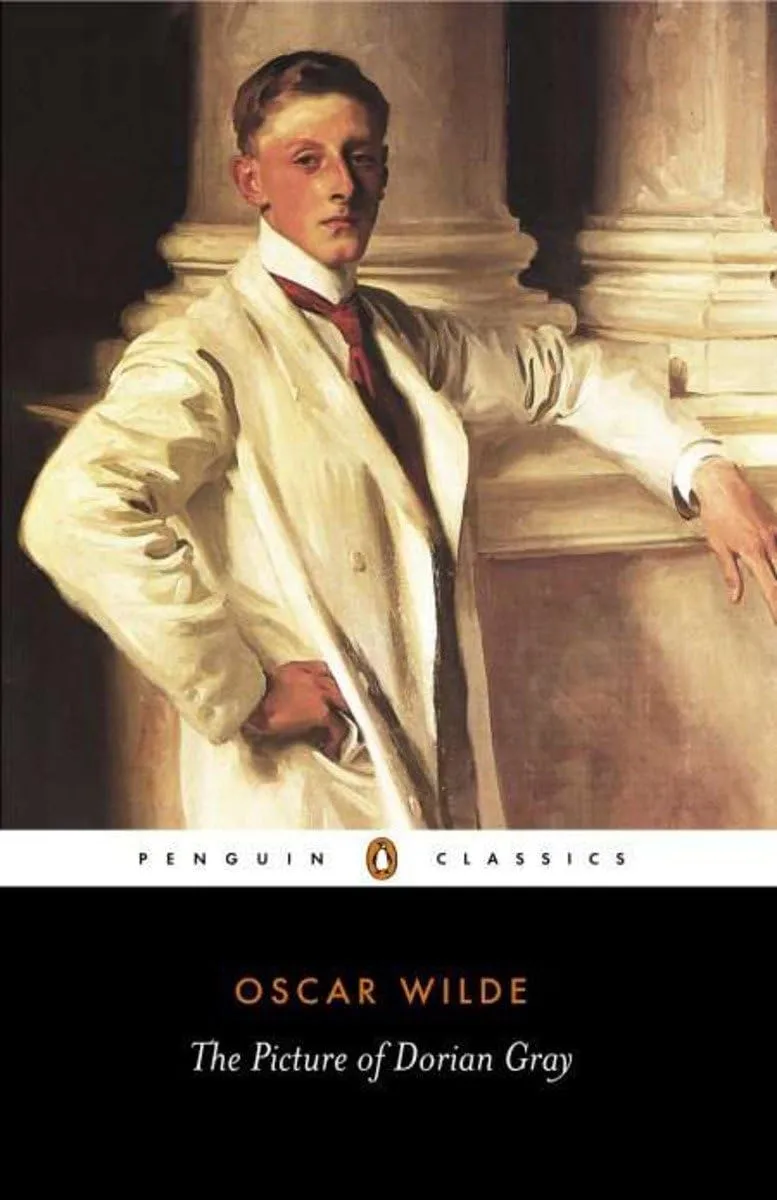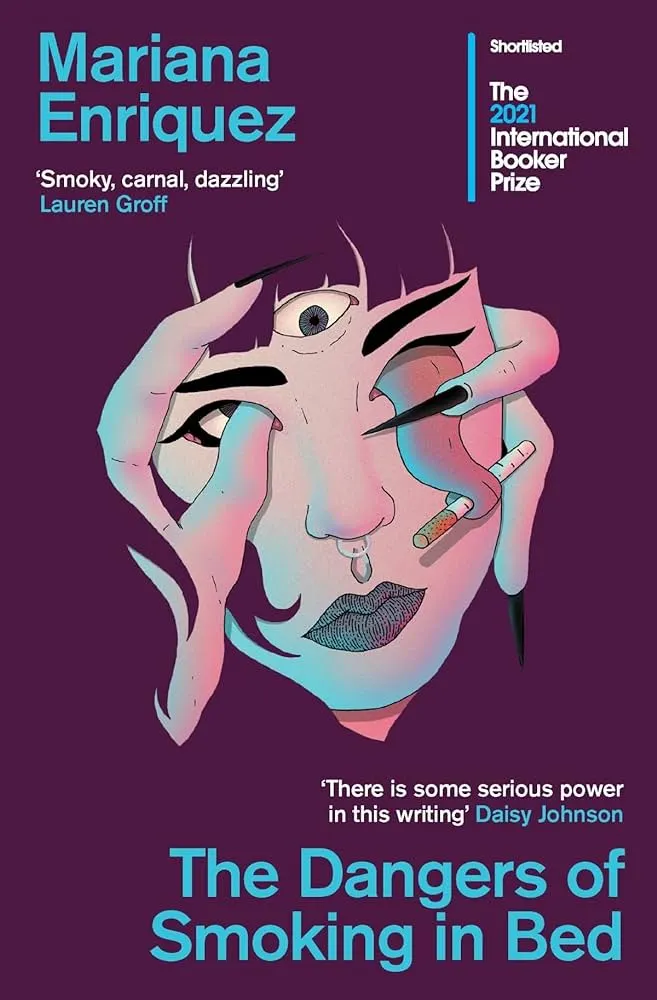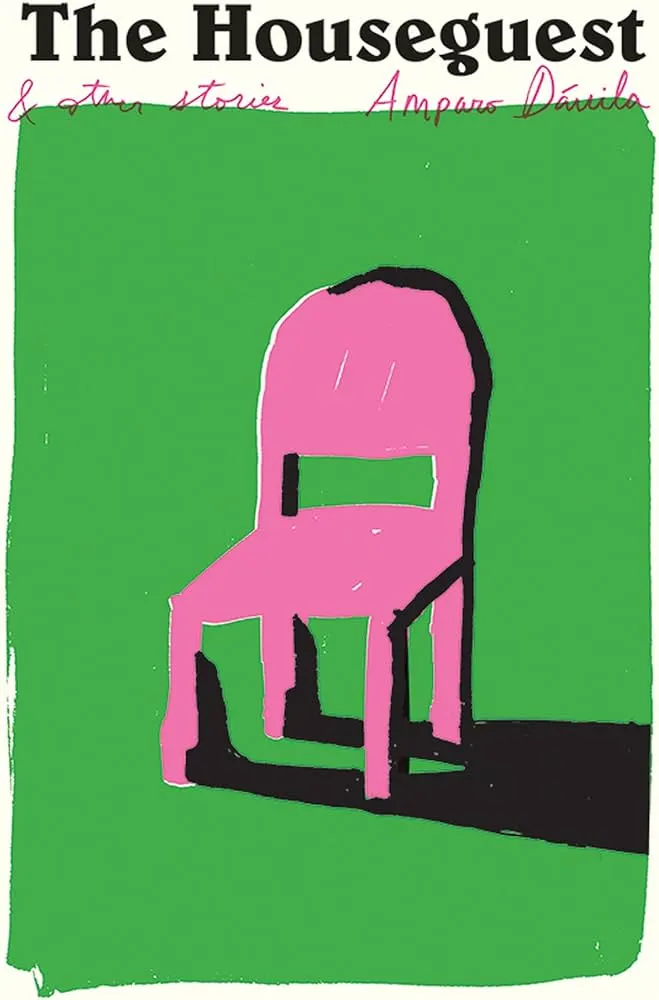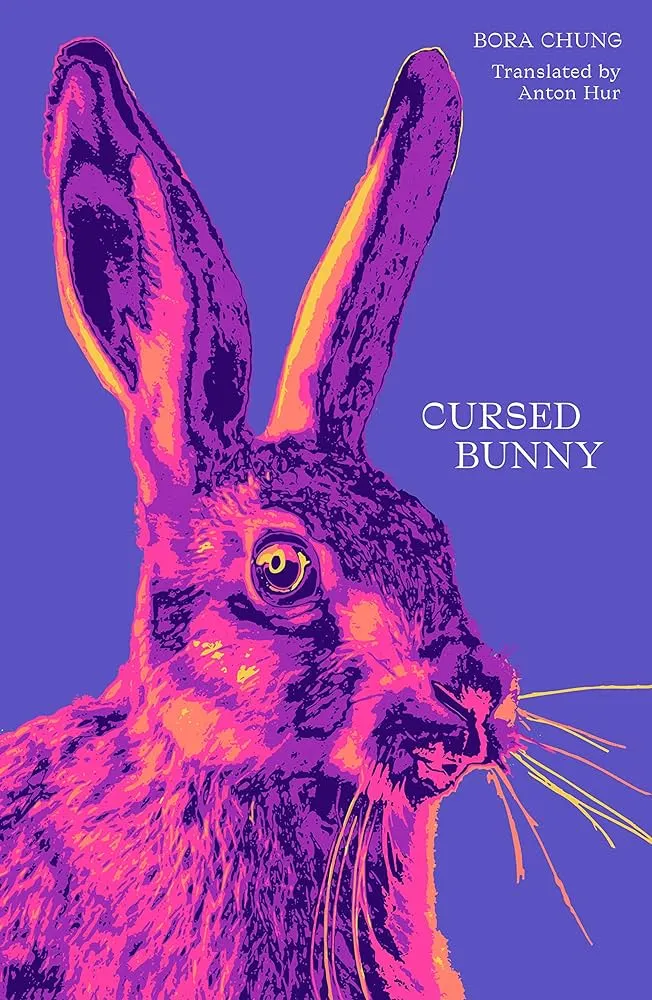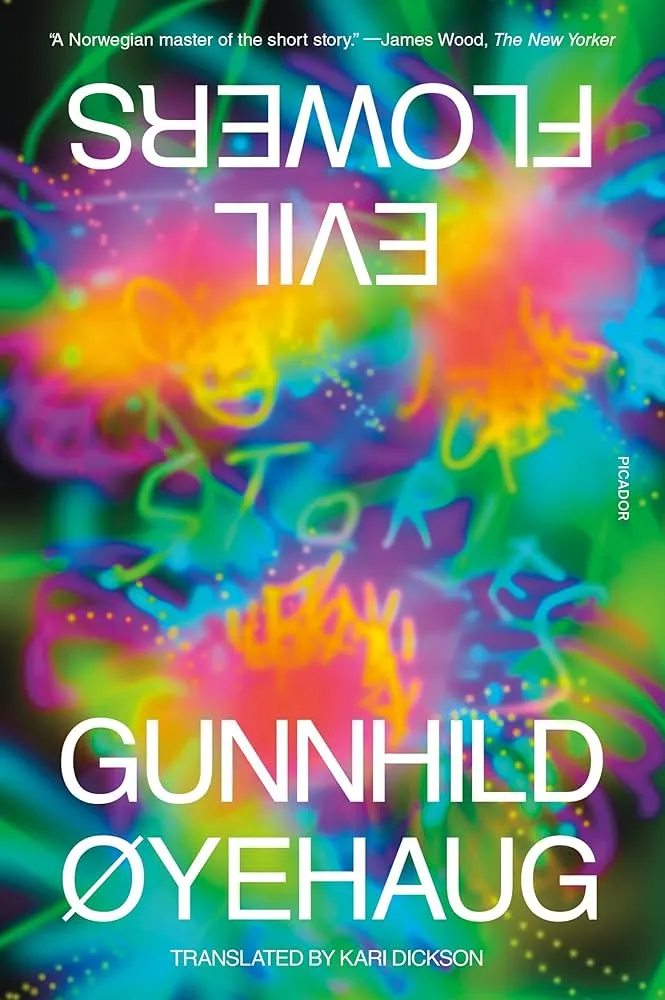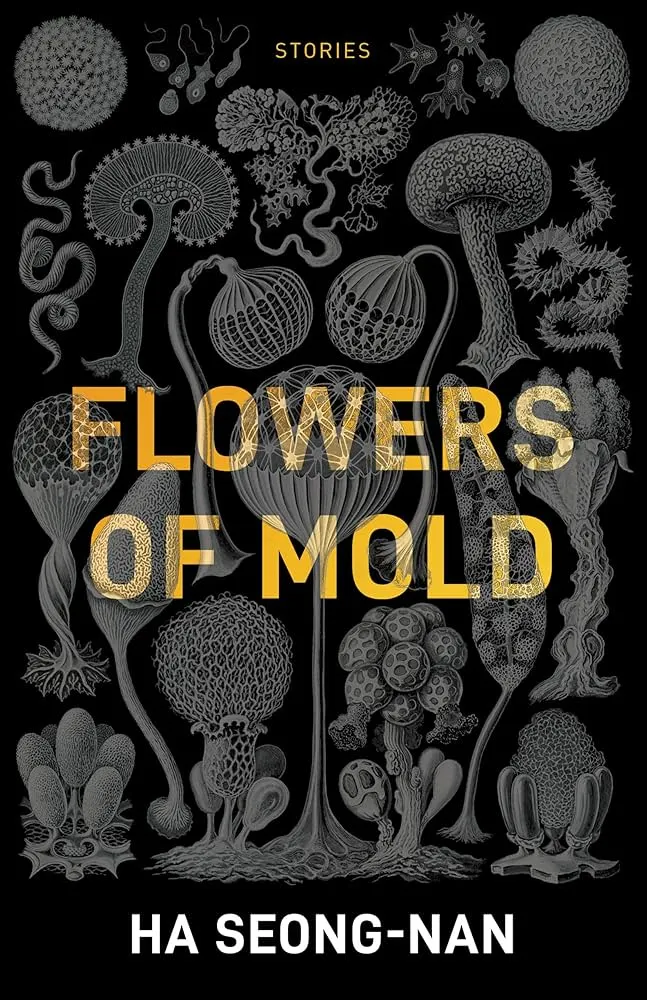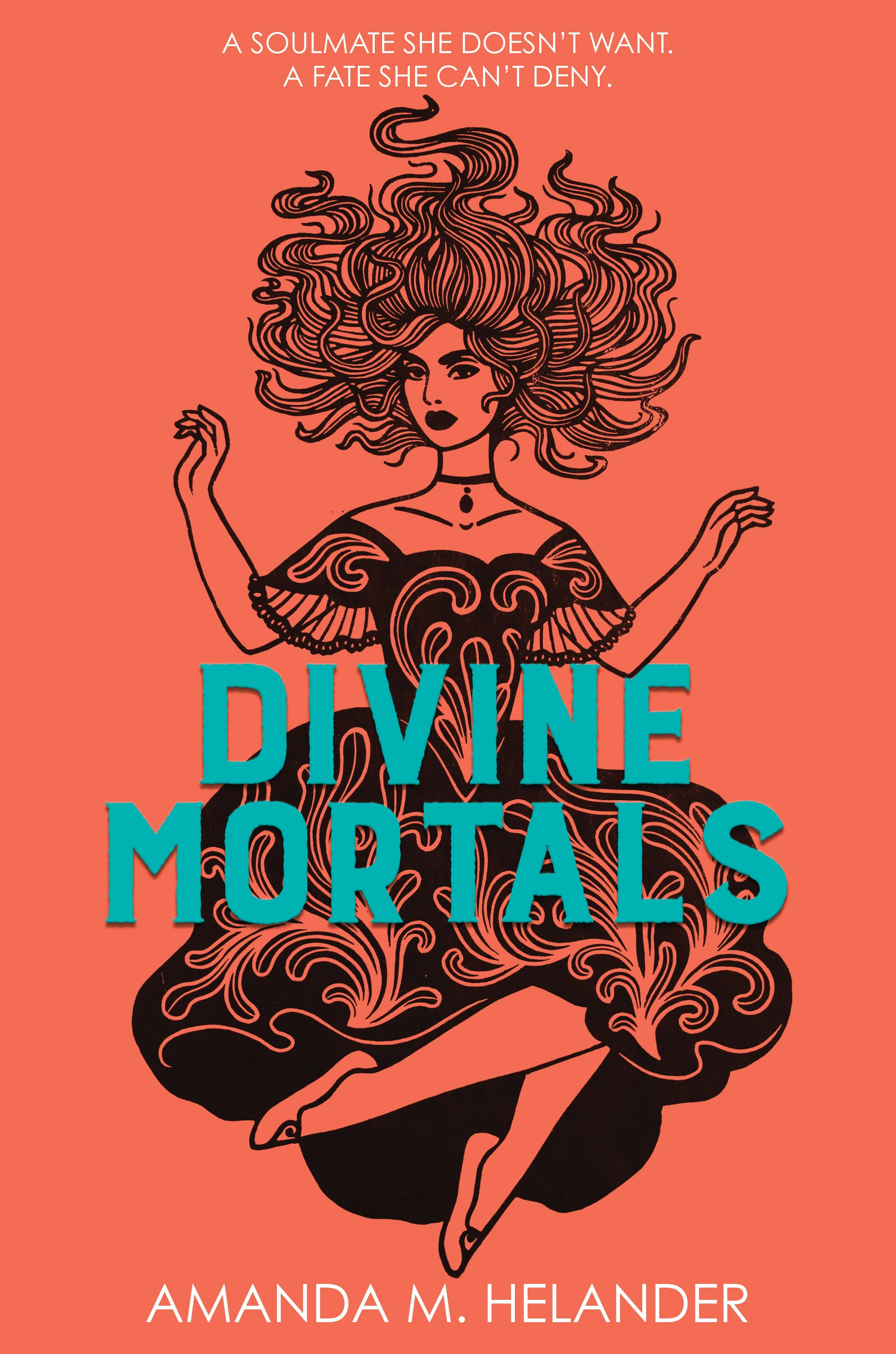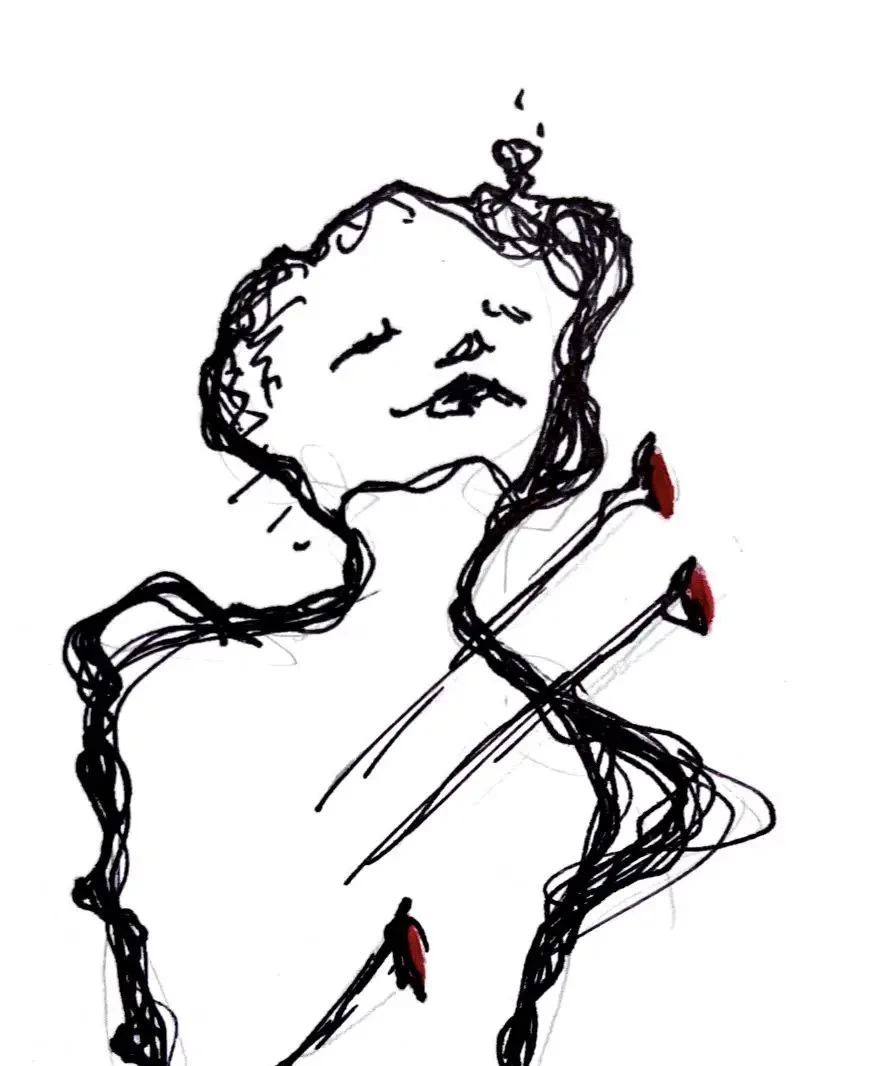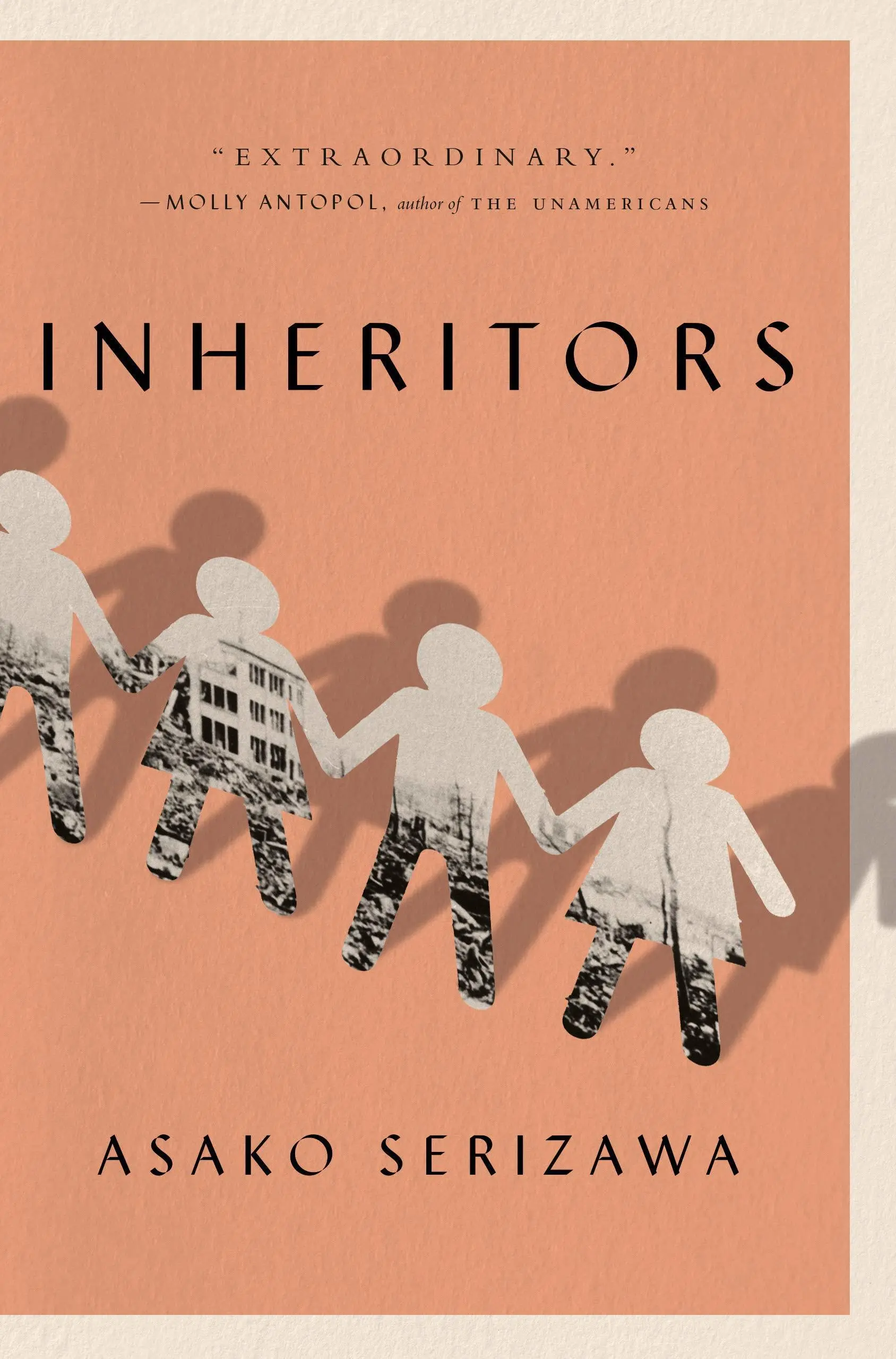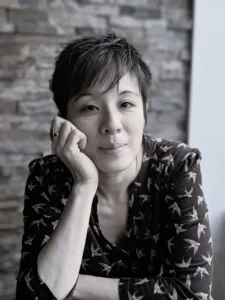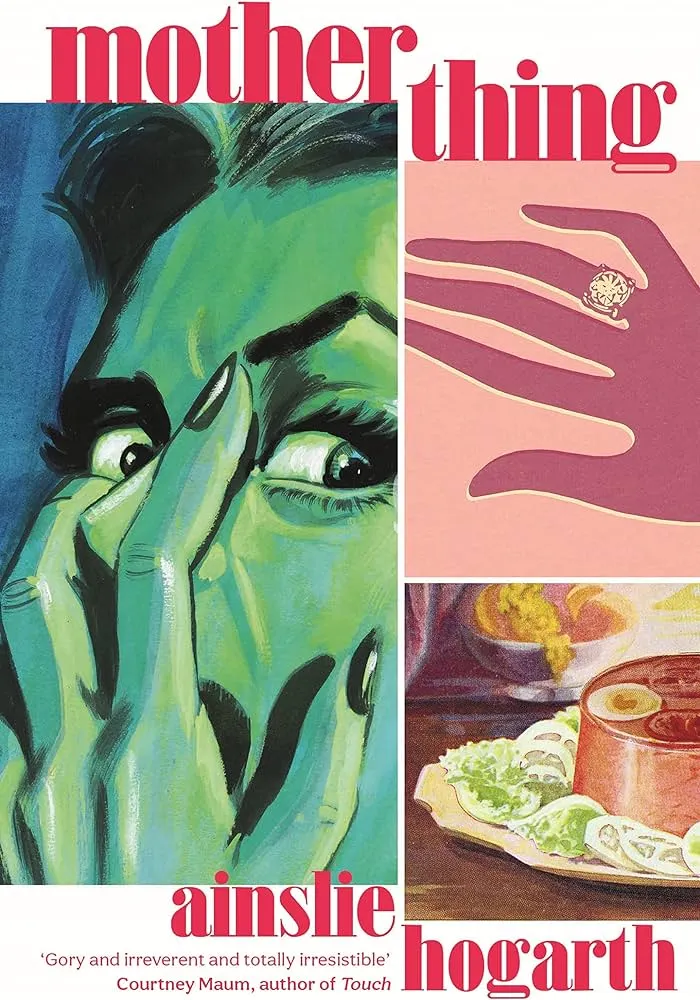Short Story winner of the Spring 2023 F(r)iction Literary Contest.
His stage name was Sommersby the Great, and he put on shows out of a battered theater in the north of Newton, close to the Watertown border. He liked to read the paper over a cup of Sanka instant coffee, and typically he wore mahogany-colored Florsheim shoes with fat tassels and silk ties dotted with pictures of pinecones, candy canes and children. In the afternoons he also wore a large gold watch with a stretching golden linked band, and when he talked, his watch clunked on his wrists, though he always took it off for a show. His hats tended to match his suits, often an unvariegated conifer green. His teeth were a perfectly ordered array of corn kernels–I only subsequently realized that they were dentures.
That summer, I was with him daily, Wednesday through Sunday. Wednesday and Thursday were for practicing his act; the remaining days were for his performances. I would ride my bicycle to his theater in the early afternoon and enter through a disused loading dock, and I would wait for him by sitting discreetly next to a window in the foyer, meditating over a book by windowlight. That was also the summer I took to reading Thus Spake Zarathustra, among others, which mostly just baffled me. I had been drawn to Nietzsche by a circuitous path strewn with comic books, odd fortune cookie predictions, and collections of aphorisms, and when I arrived at him at last, I was an adolescent eager for the instruction that I, too, might find it within myself to become a kind of Superman. Such grandiosity and misery–the siren songs of a young man’s life. Stare too long into the abyss and it begins to stares back, I read–and I tried–I really tried. “Abyss!” I begged. “Stare back into me! Be my shaggy beast!” But during those early summer afternoons alone at the window of Sommersby’s magic theater, I met only the pallor of my own boredom.
After my first two weeks, the routine was the same. I filled the concessionaire with Raisinettes, then swept the foyer clean, then restocked the toilet paper in the bathroom. Afterwards, I puddled by the foyer window with an early afternoon view of the street. There were few passersby to distract me. I assumed that the magician was working secretively on his new illusion, but no: Sommersby snuck up behind me and caught me unawares. He sat across from and offered me a mint lifesaver from his pocket, and I took it because it gave me a reprieve from the Sanka smell wafting from his clothes.
“It’s really time for me to ask,” he said in an amiable and fatherly way. “Is there anything you would like to learn from me?”
I shrugged. What could I put into words for him that I wanted? Every such fatherless adolescent meets every such grown man with the same desire: show me how to be.
“I want to learn the arts of enchantment,” I said.
He mused on this with a practiced grimace, his upper lip protruding duck-like. “Because you’re fascinated by the mystery.” He theatrically glanced at the cover of my book. “Because you have a will to power!”
I nodded again.
“I don’t know about Nietzsche,” he said to me excitedly, “but let me tell you about magic: the mystery’s a sham!”
I was disappointed because of course I already knew this. “Next you’re going to tell me that the earth orbits the sun?”
He stood up on his tiptoes and made a grand flourish. “Ladies and gentlemen, I present to you a teenager!” He sat back down. “But what I want to convey to you is that all artists are manipulators. And that is great power. And with great power, comes great responsibility.”
I perked up, because I felt that with this talk of power he was embarking on original ground. It was not so much an answer to the core question, but it was still a passable application of what I’d uncovered in the pages of Nietzsche. Perhaps I did have a will to power.
“I know what you’re thinking,” he said mystically.
“You do?”
“And yes. The answer is yes.” He gazed fondly upon his own inward memory. “In the years before my marriage, I used magic to seduce a great many women. And to be honest, sometimes I paid women, and I’m not ashamed to say it. And sometimes I was just good, and they waited for me in the back of the theater after the show. The most enchanting words in the world? Make me pregnant.”
I closed my book and put it in my lap. It was the early eighties, and this is what passed for being instructed by a man on the byways of adulthood.
“And then you met–”
“The woman who changed everything,” he said sadly. “God rest her soul. And once I worked with a monkey!”
Wednesdays were short days. After I helped Sommersby the Great hook up various apparatus, after I watched him pace through several stages of his act–hampered in those first few weeks by the absence of his stage assistant–he released me early to my own devices. I was back on the streets, riding my bike through a late afternoon in June, twenty dollars in my pocket and no obligation to anyone. A Newton June could be temperate, cool enough for blue jeans and long sleeves, a season where people could stroll out of doors and birds could feather their nests free of terror.
Sometimes that summer I rode my bike to Strymish’s New England Mobile Bookfair. I wandered among its stacks, into its overstock and remainder section, past the side room devoted to history, around the bend beyond the infrequently haunted area devoted to poetry, and through what was a little-known door, perhaps only about two feet wide, into a more distant room that I had discovered one day labelled Health and Wellness. The books there were dusty, and the stock looked to have been tended perhaps only once a month by Fletcher Strymish himself. Therein I sat sponge-like in the dim sunlight provided by an overhead glass canopy, browsing among the remaindered books on herbal remedies, talking cures and other arcana in search of secrets that were otherwise jealously guarded by the cognoscenti in the days when information was neither accessible nor free.
And this afternoon, behold: a remaindered copy of Selections From the Kamasutra of Vatsyayana, with commentary by Porticia Shakespeare. Salubrious, athletic, gesturing toward prurience, it sat off in a corner, its cover tattered. Who could resist? At the discovery of its interior, of the full-frontal depictions of female nudes, I squirmed with embarrassment, the heat rising in my throat. Furtively, jealously, endeavoring to be a good student, up until closing I read achingly of the mysteries of the “Thousand Petal Lotus Blossom.”
***
I reproach myself now for the reading materials of that summer. Some greater part of me wishes that I had instead been reading The Feminine Mystique, or better yet Jane Austen, either of which would have prepared me for the world in which I actually dwell. The Thousand Petal Lotus Blossom was a promise of a technique that never, to this day, solved any mysteries. Yet the overstock and remainder section of the New England Mobile Bookfair, with its scuffed titillations dressed in the accoutrement of hippy age eastern mysticism, was what was available to a boy raised in the shadow of the seventies. We opened the floodgates of ourselves, and those were the books that rushed in to greet us.
I look at us now, men my age, and I realize that for so many of us it was the same, fed on a daily stew of sitcom pablum and benevolent paternalism and off-hand sexploitation. In our dreams we were astronauts, or annihilating mercenaries or baseball stars, and then on television our action heroes were spasmodic gigolos. At night all of it would sift down into our bodies, so that over years we learned that this was the world we should anticipate, that we should take and demand and disrespect, that we should all of us carry ourselves as swaggering tinpot tyrants. And I look at us now, and I think: really, how far we’ve all come.
The day after my discovery of the Kamasutra, I was back again in the foyer, reading Nietzsche in the theater windows. What doesn’t kill me makes me stronger, he wrote, and I thrilled to read this because in my ignorance I thought that what I wanted from life was to be tested in extremis.
Sommersby ignored me the early part of the afternoon while he hammered, sawed, and welded scraps of wood and metal and line into a contraption that, from my limited experience, looked like a piece of junk. In the late afternoon, he summoned me while he took a Sanka break. His brow was sweaty, and he frequently wiped himself with a large beach towel draped across a hat stand beside him, his white hair matted against his scalp.
He was working on his major illusion, he told me. One that would astonish the audiences beyond all puzzlement, one that would forever immortalize his name. He would implement it in a month or so, once his actual, long-time assistant returned from her trip to San Francisco. “Now, for instance, I could without trouble make a car disappear from the stage,” he said.
“That’s amazing,” I said.
He nodded appreciatively, a flick of sweat popping from his forehead to the stage. “But it’s not enough,” he said. He paused for another sip from his oversized SAM mug. “And I could make a disembodied head prophesize,” he added. “Perhaps you’ll do that with me before the summer is out?”
“Also amazing,” I said.
“It’s nothing,” he said. “Not compared to this. This will be true magic.”
I waited for the reveal. He lapsed into silence.
“So what is it?”
He nodded quickly. “You ready?”
“I’m ready.”
“But are you really listening?”
“I’m really listening.”
He considered. “But are you really, really –” and I frowned, and he continued: “Anyway – what I want . . . is to make a woman disappear.”
I was disappointed in Sommersby. He winced at my skepticism.
“You people never understand,” he said dismissively. “It’s not the effect. It’s the technique!”
***
That following Wednesday when I reported to work, she was already there, on stage, rehearsing a new trick with Sommersby. It was his actual assistant. She was a medium-sized girl, almost sixteen years old, with a widow’s peak of chestnut brown hair and glowing brown eyes and thick brown eyebrows shaped like gables. She dressed in a slimming ballerina outfit and little brown shoes, and she wore about her neck a pendant of a rabbit carved from the heart of an old redwood tree. She was animated, and she carried herself with a jaunty spring, which I later realized was a result of years of dance classes, but was also a sincere expression of her own enthusiasm. She was a year older than me, at an age when that year was a chasm.
Jessica had been working with Sommersby since girlhood. I owed my job that summer to the fortuity of the custody arrangement that had long ago been ironed out between her parents. Every June, immediately upon finishing school, she was sent to live with her father for three weeks in San Francisco. Her parental visit had now run its course, and she had returned to Newton, and to the theater, to resume helping Sommersby mount his bigger and more entertaining illusions.
That first day they worked on an illusion in which Sommersby the Great sawed Jessica in half. It was a bloodless illusion, simple and horrifying, requiring Jessica to lay on a table, to enter a trance, and to remain motionless while a blade impossibly passed through her entire body, cutting a carrot in two. At the trick’s conclusion, Sommersby revived her, allowing her to dismount the table and saunter across the stage, poised and lucid, with nary a drop of blood staining her bare torso. I watched them practice a dozen times. The last time was like the first, except that by Sommersby’s calculation, through diligent effort, he was able to shave some ten seconds off their performance.
They had worked together long enough that they spoke in a kind of shorthand. He chided her. “This last time around you walked off like a drag queen,” he said. “You’ve picked up bad habits in San Francisco.”
“No, I picked up Dad habits in San Francisco,” she said. “It’s all about the Haight.”
“It’s actually all about the Castro, dear one. I never understood your father.”
“He has always been true to himself,” she said flatly.
“To each his own,” said Sommersby, grudgingly. “Did he at least persuade you to dump your boyfriend?”
“Don’t speak that way about Denny,” she said.
“He isn’t Jesus and I’m not taking his name in vain. But did your father try?”
“He gave me a very stern lecture and I told him that I would very sternly ignore it.”
“Perhaps you should trust the voices you’re hearing.”
“I trust my own voice,” she retorted.
With that, the matter dropped. In my imagination I conjured a beefy and insensitive upperclassman wearing a letter jacket. I learned the truth that afternoon when, carrying my bicycle, I passed by Jessica in the foyer. She was waiting for a ride from her boyfriend.
“That’s nice of him,” I said.
“It is,” she said. She scowled in the direction of the theater. “And I wish some people would butt out of other people’s business.”
“It’s cool that he has a license,” I said.
“Of course he does,” she said. “He’s twenty seven.”
***
She was that sort of person: she might show up one day in a crass t-shirt featuring two rolls of toilet paper on her chest, Don’t Squeeze the Charmin, and then the next day in bowling shoes and tights, as if she were on the set of Grease, and then the day thereafter in a hoop skirt, her hair done up into a French aristocratic tower, her skin patted with white powder so that she resembled the ghost of Marie Antoinette. She liked to keep us guessing.
Sommersby’s illusions all involved the impossible manipulation of Jessica’s body. Over the next many days of practice, and on into the weekend performances, I beheld Sommersby the Great serially impale, transect, squish, and re-produce his assistant from a series of ornately colored tables, boxes, cabinets and chests. Behind every great illusionist is a great woman he has dismembered. Jessica’s job was to appear as if she were a pliant, mildly disinterested participant, for whom such physical trauma was mere distraction, while under the curtain and behind the arras she had to contort herself to render the magic flawlessly. Now and then, however, she would smile broadly, to signal that she was at once alive and amused, and such momentary flashes of exuberance only added to the mystery of the illusions.
Among the most remarked tricks of that decade was a Robert Harbin effect first unveiled in the sixties. Sommersby the Great had bought his way into an inner circle authorized to perform the Zig Zag Girl, by which Jessica stepped into a large upright box and proceeded to have her midsection displaced from the rest of her body. It required her to exhale and hold her breath. The first time I saw them practice it, he became enraged.
“You need to eat less,” said Sommersby. “You don’t want to get fat.”
“I’m trying,” she said.
“You need to try harder.” He held his head as if he were swooning. “It’s not just about the Zig Zag Girl. If you swell up like a whale, no one will marry you and then you will lead a pathetic lonely life.”
“That’s bullshit and you know it,” she said, and she herself was angry now. “I’m going to have men eating out of my hand.”
“It’s only half bullshit and I’m worried that you don’t know it,” retorted the magician. “We men are both more and less complicated than you think, whatever it may be your stupid pedophile boyfriend may be telling you in his parent’s basement apartment.”
“He has his own apartment,” she said proudly.
“Oh, 27 and his very own apartment?” said the magician. “I apologize. I got it so wrong. He’s a screaming success. Just you wait, he’ll be the mayor of Boston.”
The magician cut short our practice. At his insistence, I went with Jessica to the Newton Creamery across the street, under the express instruction that she was to have either a black coffee or another diet coke. The Newton Creamery was an ice cream delicatessen, with pink vaulted ceilings and waitresses in magenta plaid skirts with pencils behind their ears and Elvis songs on a juke box. We seated ourselves and ordered chocolate frappes.
“I’m sorry about all that,” I said.
“About what?”
“I think Sommersby gets carried away.”
“Please,” she said, and she produced a Certs from her pocket. “I’m not just going to dissolve in a puddle of weepy.”
“I know that much.”
“Then at least you know something,” she said. “The way to rise above it all is to shut it off. You have to cauterize it. You close your eyes and you think of a faraway place with a funny name. For me, it’s Peoria. I’ve never been, but the name sounds delicious. Denny and I will drive there someday.” I was about to interject, but she looked at me reproachfully. “Don’t spoil it with the truth.”
The waitress brought us our frappes. Jessica took a sip and closed her eyes.
“When you’ve loved like this, it reduces every other emotion to frump. After sex with him, I feel like I’ve communed with God.”
I was eager to impress her. “There is no God,” I hazarded. “Thus spake Zarathustra.”
She tapped my arm. “I told Denny about your Nietzsche fantasies and Denny said that Hitler used to read Nietzsche while masturbating into a sock because he didn’t like women.”
I flushed, indignant. “And how does Denny know?”
“Denny just knows,” she said balefully. “He says that if you’re an intellectual, you should read Vladimir Nabokov and watch Roman Polanski, because they’re blazing a trail toward the future where children are allowed the same autonomy as adults.”
“Don’t you ever think it’s strange? You and Denny?”
She eyed me as if betrayed. “Now you’re getting started?”
“I’m just asking.”
“You’re still a boy,” she said bluntly. “I get it. You don’t understand some things.” She drank her frappe near to the bottom. “So then, boy, what will you be when you grow up?”
I had pondered this quite often. If I were to be a magician, it would be only through metaphor. “I’ll be a father,” I said.
“It sounds so simple,” she said. “But it really can’t be that simple, or more people would stick with it.” She reached into her pocket and extracted another Certs. “I’ll be a magician,” she said. “And I’ll make an array of handsome boys sit in a bevy of tight boxes. That’s simple.”
Afterwards we walked back to the theater. Sommersby was in the bowels of the building, tinkering with his revolutionary new disappearance device. Jessica sat in the foyer, waiting for her ride, and I sat with her. She took my tattered copy of Thus Spake Zarathustra and paged through it, and then handed it back solemnly, in deference to its sway.
Soon enough a battered orange Volkswagen Beetle drove up to the entrance and idled by the curb. The window was open, and an unsmiling man leaned out of it, his cheeks lightly scarred by acne. He had a great bushy mustache that formed a helmet for his upper lip, and he wore dark sunglasses which concealed his identity and enhanced his air of mystery. His nose was a beaten clump of cauliflower. His shirt was unbuttoned, and he had chest hair. He seemed like someone’s father – for all I knew, he already was.
Jessica left the theater then, sauntering toward the car and around to the passenger’s seat with an exaggerated stride, a sort of long-legged catwalk. She was vamping again. Denny ignored it imperiously, seemingly oblivious to the contrivance that she unleashed for his benefit alone. His face was washed out by the July sunshine. He raised the window as she got in his car, and just before driving off, he bent toward her to put his tongue inside her mouth.
***
You talk to me about feminism in the eighties, and of course there was feminism. We saw articles about it on the cover of Glamour, of Cosmopolitan, of Tiger Beat, all the various rags available at the grocery store check out counter. But the facts on the ground? We were still aspiring to a single career household, paying lip service to equality. Boys were smelly, rude and adventurous; girls were candy, demur, separate but equal. To say otherwise was to aspire.
Don’t ask me to defend it. It was simply my childhood. And hers.
***
The clouds pushed into Newton one early Saturday and it began to rain, sometimes desultorily and sometimes fiercely, but steadily enough to complicate my bicycle commute to the magic theater. So it was that Jessica called me at home and offered her boyfriend’s services. Around noon the dented orange Volkswagen Beetle pulled up across the street from my house and sat idling. The rain was falling like metal ball bearings, and the air above us was the color of mold.
I ran across the street, and Jessica scrunched herself up to allow me to hop into the backseat. The car started to move just as she closed the door, kicking up puddles in the intensifying rain, its windshield wipers squeaking across the glass.
That was the first time I’d gotten a close look at Denny. He wore a musky cologne and a fat gold chain about his neck with a little golden cross at the end of it. In the murky pallor of the storm, he’d taken off his sunglasses and put them on the dash. He blinked relentlessly, and his face took on the paunchy caste I associated with people in their late twenties, with dark grooves under his eyes and plenty of stubble. In the humidity, he was sweating.
I thanked him for picking me up.
“It’s no trouble,” he said. “Jessica says you’re like a brother to her.”
This was the first I’d heard it, and it came as a compliment.
“Are you a hockey fan?” he asked. “I’m a hockey fan.”
“Cam Neely is going to be dreamy,” said Jessica.
“We’ll see about that,” said Denny.
“I like to help out at the magic theater.”
He guffawed. “O.k. Sure. And what else?”
“I like to ride my bike. “
“Got it,” he said. “Do you read the funnies?”
“Sometimes,” I admitted.
“Good kid,” he said. “After my own heart.”
Jessica smirked at him. He smiled back at her. The car pulled to a stop at an intersection in Newton Center, where a rivulet of water sliced at the sidewalk, and he let the conversation falter. It was incumbent upon me to restart it. “What do you like besides hockey?”
“I like to bone your sister,” he said.
She rolled her eyes. “Why are you so crude?” she asked.
“I’m honest,” he said, and he reached over and squeezed her thigh. “The older you get, the less time you have for pretense. But in all seriousness, I like to see live music, and now and then relax with a good chianti and a steak, medium rare. You know. The good life.”
“It sounds great,” I said.
“Also I like traveling to distant places. Bermuda, for instance. Ever been?” He didn’t wait for my reaction. “I think it’s important to expand your horizons. In Bermuda, they drive on the left side of the road. Think about that for a minute. It’s a different world view altogether. Just a different way of thinking.”
“I’ll be psyched to drive,” I said.
“Of course you will. Sometimes you need to open your mind to other possibilities. Look at me and my lady love. She’s a Taurus and I’m a mother-fucking Cancer. You might think they’d never go together. But they do.”
“Like chocolate and peanut butter,” she said.
“Like gin and tonic, my love.”
After that he drove in silence, concentrating past the rain plinking off the hood of the car. We pulled up to the magic theater. I thanked him, and he waved me away impatiently. “Just take good care of your sister for me,” he quipped. We ran from the car to the entrance, the rain deafeningly loud, and when we got there, we were soaked.
“I’m so glad that you finally got to meet him,” she said.
“He’s all grown up,” I said.
“He’s a man,” she said. “Someday you’ll understand.”
***
I remember well on a Sunday, stuffing my dress shirt and slacks into a backpack and biking into the heat of the afternoon, a mid-summer day in Newton, and the cars taking the road slowly, glistening in the distance with the heat rising up around them. I was wet by the time I arrived. Sommersby was already there, and with him Jessica, her brown hair blown out over her brown top and black tights, looking sleepier than usual, which I hardly remarked on at the time, and before long we opened the doors and I took my place at the booth to greet the people, who steadily came.
Through the shimmering air, the audience, too, was shimmering, people’s bare arms dappled, their shirts sticking to their backs, and condensation fogging up people’s glasses, and everyone asking for cans of soda, which began to sweat as soon as I put them on the concession counter. People drifted down the aisles into their seats, bumped into one another, apologized languidly upon falling across one another’s legs. It was a typical audience for a late Sunday afternoon magic show, a potpourri of Newton before it had gentrified, a mixture of professors and plumbers and taxi men and petty mafioso, and I wondered at it, where these people came from, how they found us, except that Sommersby had been performing in the same theater for well past a decade, and before that internationally for decades more, and he had become a well-regarded if middling celebrity in that time, someone for whom people simply showed up. And his act did not disappoint.
These were the days when live theater was a purveyor of nostalgia, when the audience still contained people, advanced in years, who had themselves patronized vaudeville in their youth. Some of these people had seen Thurston and Laurant, Raymond and Okito in their heydays, and they came to the theater expecting profusions of silks, and bouquets of flowers popping from Sommersby’s lapels, and perhaps a dove, or two, or three emerging flappingly from out of Sommersby’s closed fist. Sommersby could do it all, and keep a lively ingenuous patter, as well – and then go beyond the early twentieth century staples to newer and more puzzling demonstrations that left people gaping. He understood well that an audience was composed of several individual atomies – a good performer will quickly ascertain its components, know whom to flatter and whom to snub, so that in a matter of moments, the audience is transformed into a hive mind, thrumming synchronously.
But at the ten-minute intermission, he was fatigued. Jessica summoned me from the concessionaire, and I closed the cash register abruptly and hurried backstage to find him slumped into his chair, his suit rumpling around him, a cake collapsing at its middle. He asked Jessica to find his bottle of pills from the dressing room in the basement. She clambered down the steps while the audience waited behind the curtain, and I sat beside him, watching for signs of emergent distress, at a loss for what to do.
He fixed his weary gaze on me pointedly. “She’s pretty today, isn’t she?”
“I don’t know.”
“She’s always pretty,” he said exhaustedly. “Tell me you don’t have a woody. Tell me.”
I was embarrassed by him, and I reflexively looked to make sure my fly was zipped. “I wish you wouldn’t be like that.”
“You’re a sensitive soul,” whispered the magician. “I respect that.” He coughed. “I respect your noble wishes, which will neither feed you nor clothe you nor deliver you so much as an atomy of your so-called power. Admit at least that she’s pretty, though.”
“She’s pretty,” I said.
He breathed heavily and seemed to grow even more pallid. “She won’t waste herself forever on the pedophile.”
“Why are you like this?” I asked.
“Because there is no other way,” he said, scowling. He understood now that I wasn’t with him, that I was young and outraged, that whatever lesson he’d meant to teach me had failed. He convulsed, a descent into weakness, a fit of coughing, and the blood left his face. “If you want to create a different future, you’ll do so over my dead body.”
Jessica appeared with a bottle of pills. He bolted them with a glass of water and sank further into the chair.
“I think you’ll need to cancel the rest of the show,” he said to us both. “And I think you’ll need to get me to my car.”
“Who’s going to drive?” asked Jessica.
“We can’t drive,” I said.
“You can’t drive,” he said to me. “That’s only because you’re ineffectual. Jessica’s a girl, but she can drive.”
“I don’t have a license,” she said.
“That doesn’t matter.” Sommersby handed his jangling car keys over.
“Let’s help you up,” she said.
We each took one of his arms. We each of us stumbled in our efforts, because Sommersby proved heavier than we anticipated, and he fell back again into the chair. Only by scrambling behind him did I prevent him from falling over onto the floor.
He became wild-eyed then, his hair askew like an ocean wave crashing on the shore. “There’s no way out,” he said.
“We’ll get you up,” I said.
“Jesus, I hate medical bills.”
Jessica went out into the theater and, after a bit of by-play, informed that audience that the show was over for the day. The ambulance came five minutes later.
It is only in retrospect that transitions announce themselves. The paramedics moved like ninjas, with stealth and minimal words and blue efficiency. In the moment, it is a matter of logistics, of prying a man whose coronary artery has narrowed its flow out of a chair and onto a gurney and hurtling through the early evening toward a waiting surgeon. In the wake of such leave-taking, a silence descends, and it is only a minor matter of walking through the theater locking up the doors and checking the bathrooms and tying one’s own shoes. I did a cursory sweep of the floor to gather up the loose programs and ticket stubs and cans and discarded candies. I turned out the lights.
I found her in the foyer, leaning against the concession counter, munching on loose popcorn and drinking a can of ginger ale. She took two steps – and then she herself became ashen. She slapped the can on the table and ran to the bathroom.
The door was flung wide. I found her huddled over the sink, throwing up. She wiped her mouth on a tissue. She flushed the tissue down the toilet.
“The popcorn’s not that bad,” I said.
“It has nothing to do with the popcorn,” she said. “I’m just so goddam sleepy these days.”
“It’s been hot lately.”
“It has nothing to do with the heat,” she said. She wiped her mouth again and gathered herself together.
“Can I call–”
“Denny doesn’t know,” she said.
“Know what?”
She shook her head at me and we walked through the auditorium one last time.
As was our custom on performance nights, we exited out the back alley on the left side of the theater, from an entrance unfamiliar and unknown to the public. I walked my bike beside her, and the alley took us around the back of a bookstore to a side street, and from there I walked her through the early dusk as far as the main road, where the cab was waiting for her. I helped her open the door and get in. From the window she faced me sadly, and as the taxi pulled away, she blew me a kiss.
***
Sommersby the Great called me from the hospital to apologize a week thereafter, and delivered the news with a polite but enervated formality. The remainder of the summer was cancelled.
“Next year?” I asked.
“Next year,” he croaked, though neither of us believed it. He thanked me for all my help, and told me, unconvincingly, that I had a fine future ahead of me in stage management. “And you’ll want to check in on Jessica,” he said. “Perhaps you’ll get something out of it after all.” And he hung up the phone.
We were in the middle ofAugust when I finally collected the courage to call her. I didn’t know what to expect.
“Come over,” she said, in a voice that mingled pep with boredom.
I doused myself in deodorant and got on my bike. She lived a few miles away, in a small house on the ragged edge of a nature preserve. The yard was fenced in and modest, and the white paint was peeling from the front of the house, revealing rot around the windows. I leaned my bike against the side of the house, well away from the street. When I came around the front door, she was waiting for me in the door frame, holding a sweating pitcher of iced tea.
She was herself, though more luminous, and a bit puffier in the cheeks. Her hair was combed carefully, and she was wearing a new purple dress with a brown sash about the middle. Her chest had grown bigger. There was dried toothpaste at the corner of her mouth.
“The back porch is nice this time of year,” she said, and she led me through the narrow hallway, through the kitchen, out the back door to a small deck overlooking a rotting wooden fence close up against the woods. There were two aluminum lawn chairs with rust stains running down their sides. She gestured and we sat together, staring up at the trees and a pair of squirrels chasing each other scattershot along a limb.
I sat beside her. “So it feels like I haven’t seen you in a while,” I said.
“Yes, sorry about that,” she said absently, and I couldn’t understand why she should be apologizing. “Aside from being tired all the time, I’m fine,” she said. “And aside from the vertigo. There’s that, too.”
“What’s wrong?”
“I have to spell it out for you?”
I shrugged. I understood nothing.
She stared at me blankly. “Speaking of which, I haven’t seen Denny in a while,” she said, and her leg began to jump nervously. She bit her lip. “And I don’t like it,” she said. “I mean, I can’t.”
“I’m sorry,” I said. “If there’s anything at all I can do for you–”
“Thank you, but that’s nonsense.” She swallowed, and her arms were tensed. “I won’t be long. It won’t be another week.”
Still I didn’t understand. “You’ll see him in a week?”
Her face drew down upon itself. “I just mean I’ll be fine in a week,” she said. Her hand started shaking. “I’ll be over it. Do you want your lemonade or not?”
I nodded and she poured me a glass. Then she poured herself a glass.
“I’m sorry about Denny,” I said. It felt right to say such a thing, and it helped her to relax. “He’s a fool.”
“You don’t know,” she said curtly. “You’re still a kid.”
“You’re still a kid,” I said.
“Fuck no. I stopped being a kid when I was four,” she said.
We finished our lemonade, and then she poured us each another glass. The mid-August heat was baking into my legs. Small beads of sweat were pricking out below her ears.
“Tell me,” she asked abruptly. “What did you take out of Nietzsche?”
I put my lemonade aside. I had not considered it before in this way, because no one had yet asked me to summarize. I spoke deliberately, in a voice that has since become my own. “To gain power you need to be callous to the feelings of others.”
“True,” she said, nodding thoughtfully.
“And if you’re a man, you need to treat women like shit.”
She looked at me with a funny little smile, though she was inspecting me carefully. “You’re funnier than I thought,” she said.
“Do you want to take a bike ride,” I asked.
“I haven’t done that in years.”
“Not everyone can drive yet.”
“I’m still a few months away,” she said. “Denny drove me everywhere I wanted to go, because everywhere I wanted to go was with him.”
We left the lemonade behind and walked over to the garage. I wheeled out her mother’s bike, which was colored a deep ochre. It hadn’t been used in years. I pumped up the tires, and with several squirts of oil I got the gears operating smoothly. The bike was a bit large for her, but not overly so. “That’s funny,” she said, as she got on the seat. It wobbled only briefly when she started to peddle.
***
It started out as a short jaunt. We rode past the high school, and cut through the field, which some decades past had been farmland edged with marsh, and emerged from the field past the junior high school buildings into familiar roads, meandering through the plots of greenery and well-built post-war housing. We labored up an incline, and then coasted along a plateau, and then pedaled up another incline and then another still, at the edge of the Oak Hill neighborhood, so that Jessica, who was heavier than she had been all summer, was now panting. I waited for her on the sidewalk. From there we hit a busy thoroughfare that veered past Memorial Spaulding, until we came to my favorite hill.
To look at that hill was to look at one’s grave. It was one of those impossible drops that promised you could coast incredibly fast, get a good breeze through your hair, feel yourself on the precipice of dying. She was pedaling slowly when we got there, her color a high pink, but she looked happy. “I thought they only had these hills in San Francisco,” she said.
“I’ve never been,” I said. I watched her catch her breath.
“I’ll race you,” she said.
“Try it,” I said.
I pushed off and pumped, so that I was speeding down the incline, just on the edge of fear. And in a moment she was right there, ripping up beside me.
“This is nuts!” she yelled.
“Watch the pothole!” I shouted.
Our wheels made a high-pitched whir.
“Fucking awesome!” she yelled.
Half way down, at the point of terminal velocity, she closed her eyes. She kept them closed. Even in my darkest moments, I have never been capable of such bravado. I have never yet wanted to die.
“What are you doing?” I screamed.
We approached, fast, a curve and a cross street.
“Veer left,” I called out to her. “We’re almost there! We’re almost there!”
Listlessly, she opened her eyes again. She veered left, just a little too late, and at full speed, she hopped the curve, and she turned into the embankment of someone’s lawn, went briefly airborne, sailed over the sidewalk, and popped back out again onto the street.
And then we were at the bottom, pulled to a stop. She was laughing a little, and there were tears on her cheeks.
“Magic,” she said.
